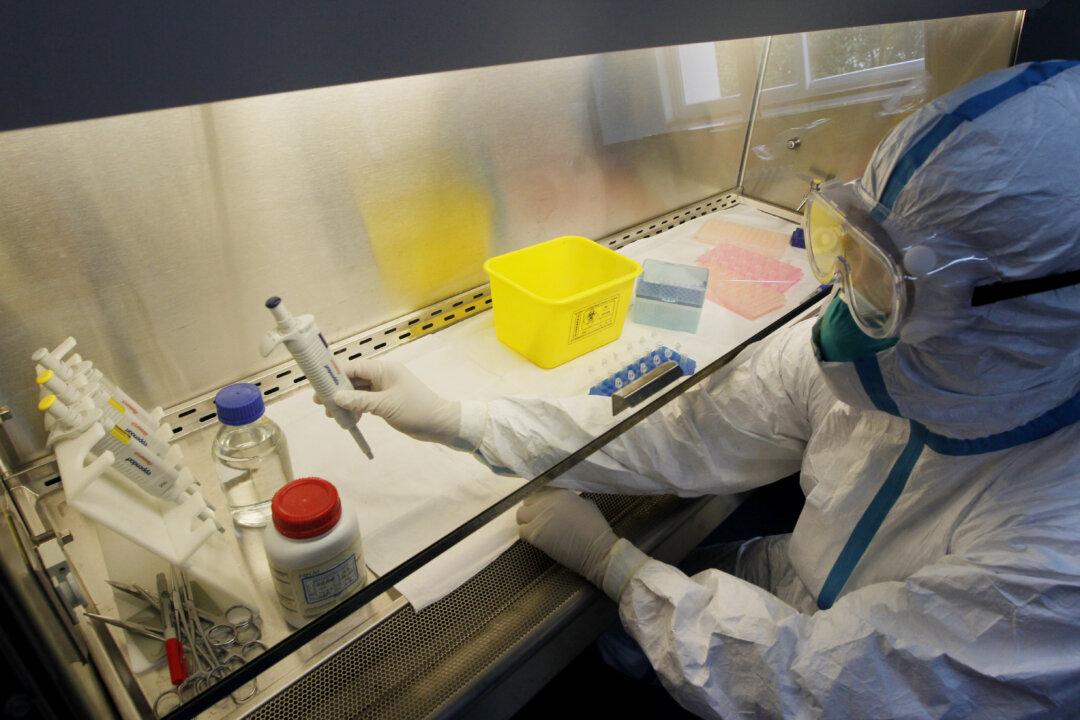China’s top health authority stated for the first time that the H7N9 bird flu virus might be capable of limited human-to-human transmission.
Members of two families in Shanghai have been infected with H7N9, raising fears that the virus can spread in that way.
In one of the families, both husband and wife contracted H7N9.
The other case is the family of an 87-old man surnamed Li who was among the first confirmed H7N9 cases and who died. Li’s two sons were also hospitalized when the father was being treated. Shanghai health authorities said on April 16 that the elder son tested positive through “retrospective” diagnosis. However, Li’s younger son also died on the same day as his father, and therefore his blood sample is no longer available for testing, Beijing News reported.
Addressing the two family-clustered H7N9 cases, Feng Zijian, director of the health emergency center at the Chinese Center for Disease Control and Prevention said on April 17, “At present, we do not rule out the possibility that H7N9 is capable of limited human-to-human transmission.”
However, a vaccine expert in China warned that people should not rule out at all the possibility of human-to-human transmission, and should do their best to prevent it from happening.
Using the alias Zhao Dahai, the vaccine expert told New Tang Dynasty (NTD) Television that judging from published data, the H7N9 fatality rate is higher than that of SARS.
“SARS had a fatality rate of less than 11 percent… Currently the H7N9 fatality is higher than SARS’. Plus, the virus is still undergoing rapid mutation and can possibly become more virulent,” Zhao said. “What worries me the most is the possibility of having a sudden and dangerous outbreak,” he added.
China’s state media has reported a total of 96 H7N9 cases, of whom 18 have died.
State media Global Times additionally reported that five people in Shanghai have been diagnosed with the H7N9 bird flu virus through retrospective diagnosis.
The announcement of discovering more confirmed cases through retrospective diagnosis has angered many people, who blame Chinese authorities for covering up and waiting for weeks to confirm those cases.


